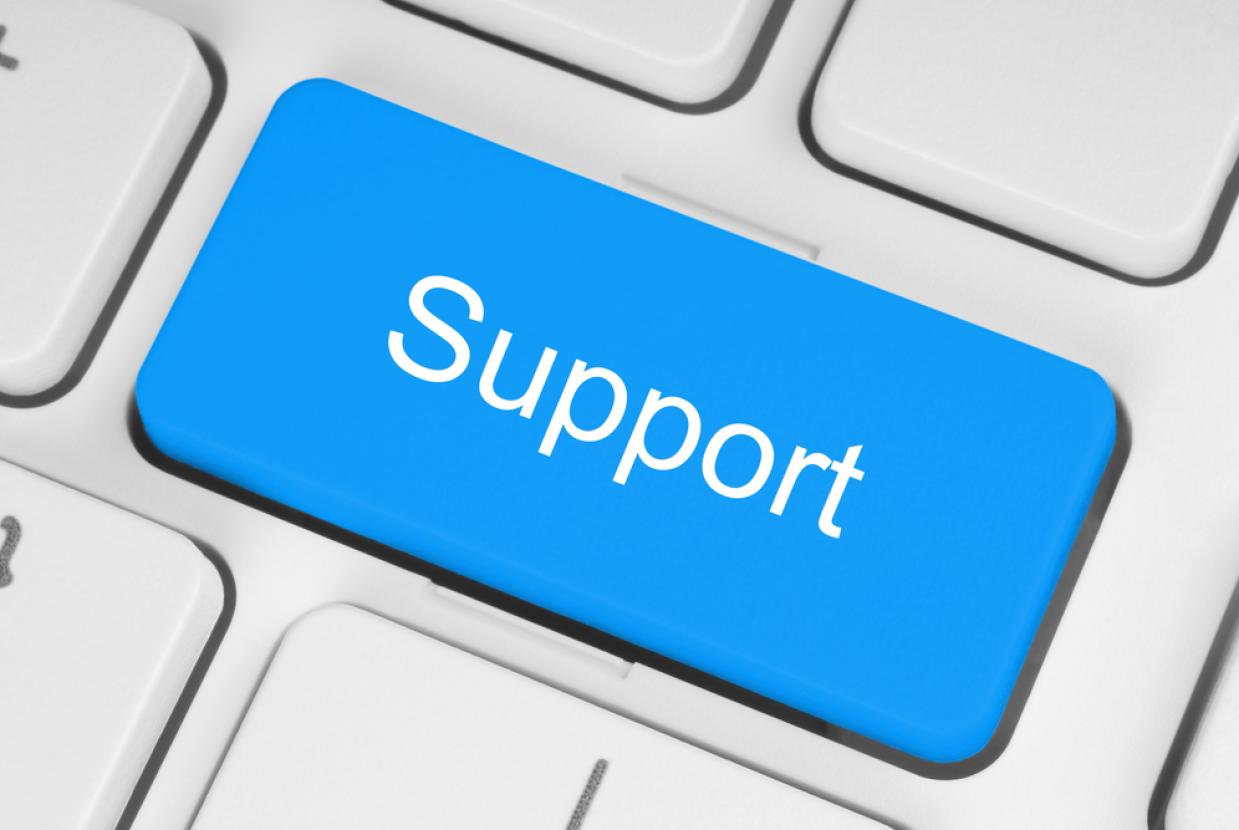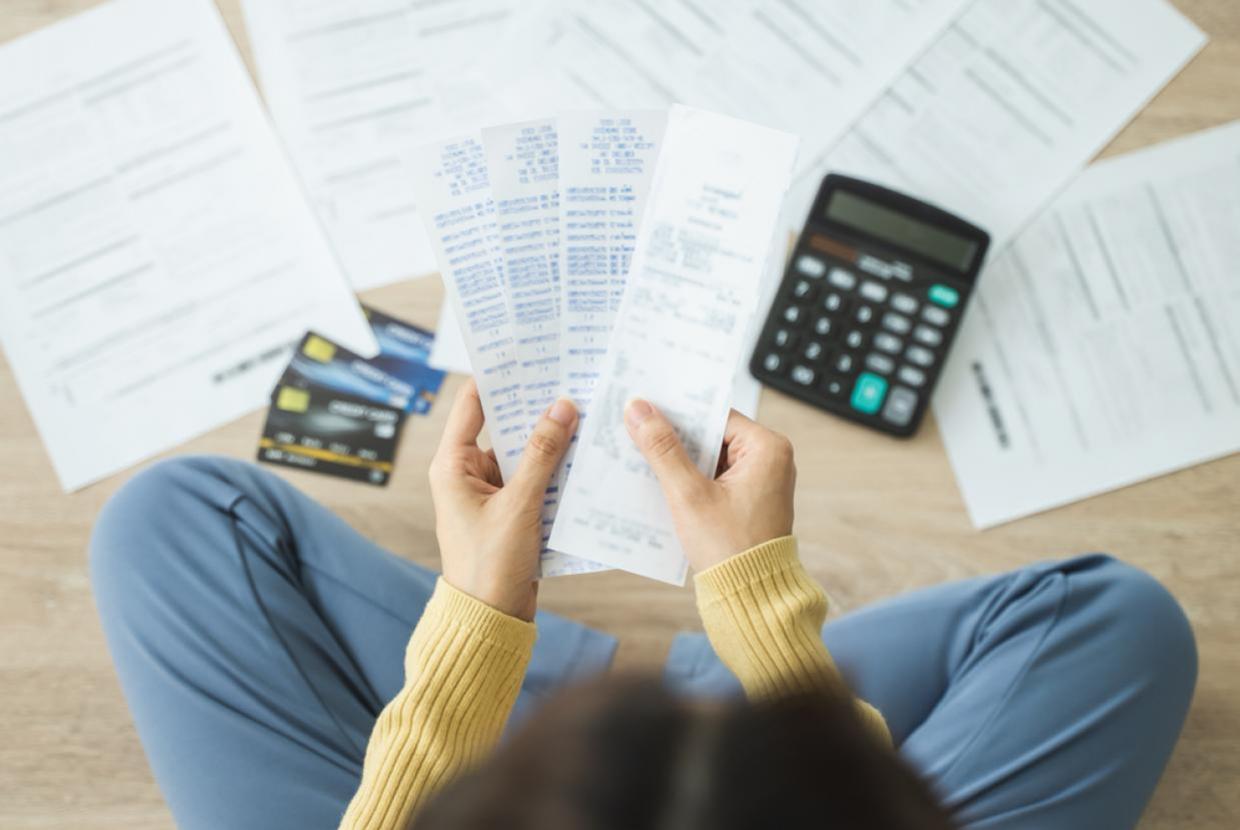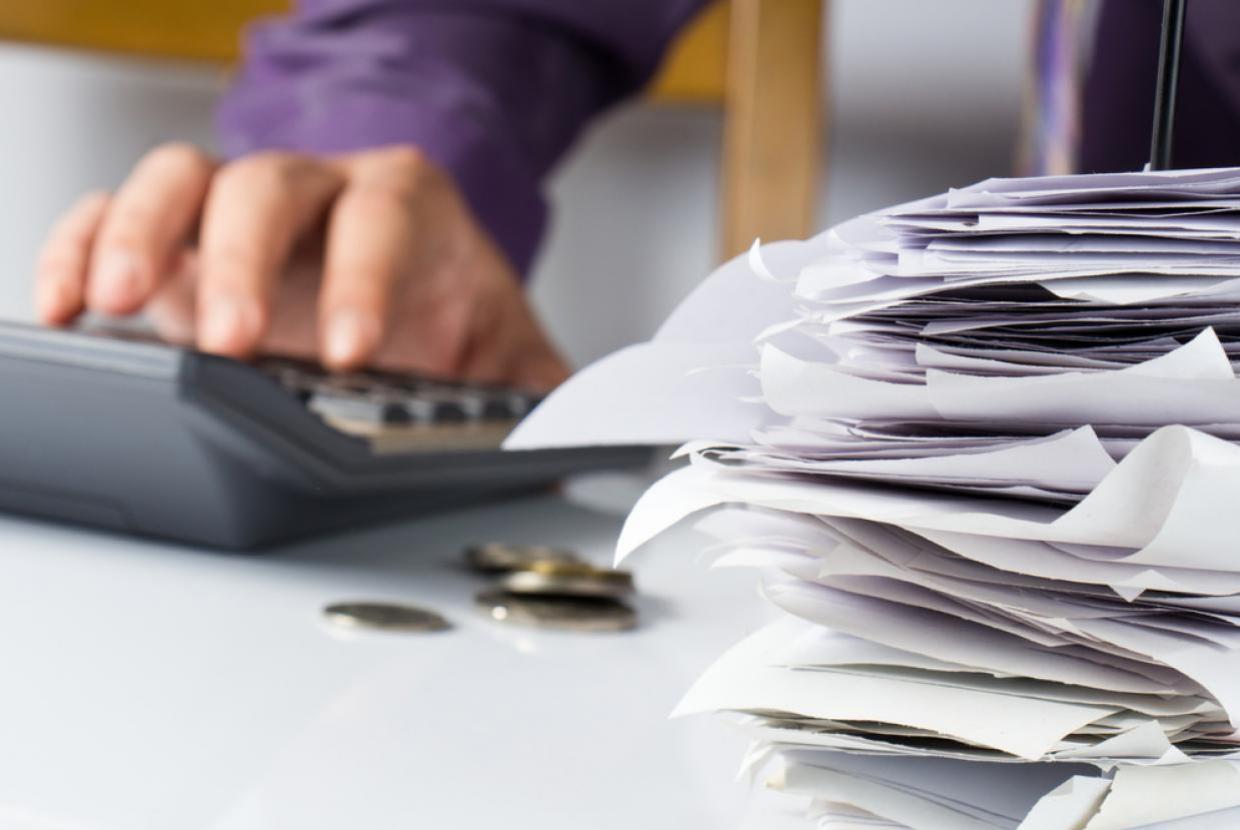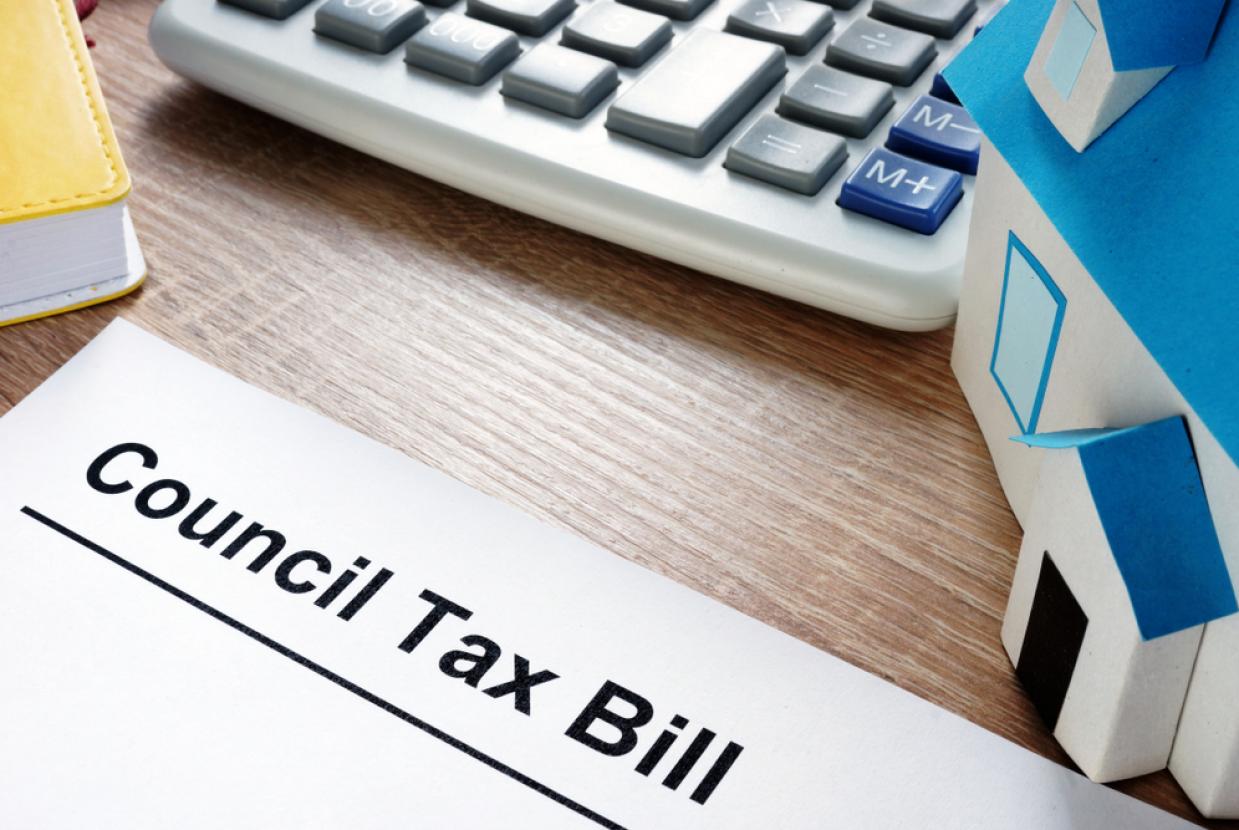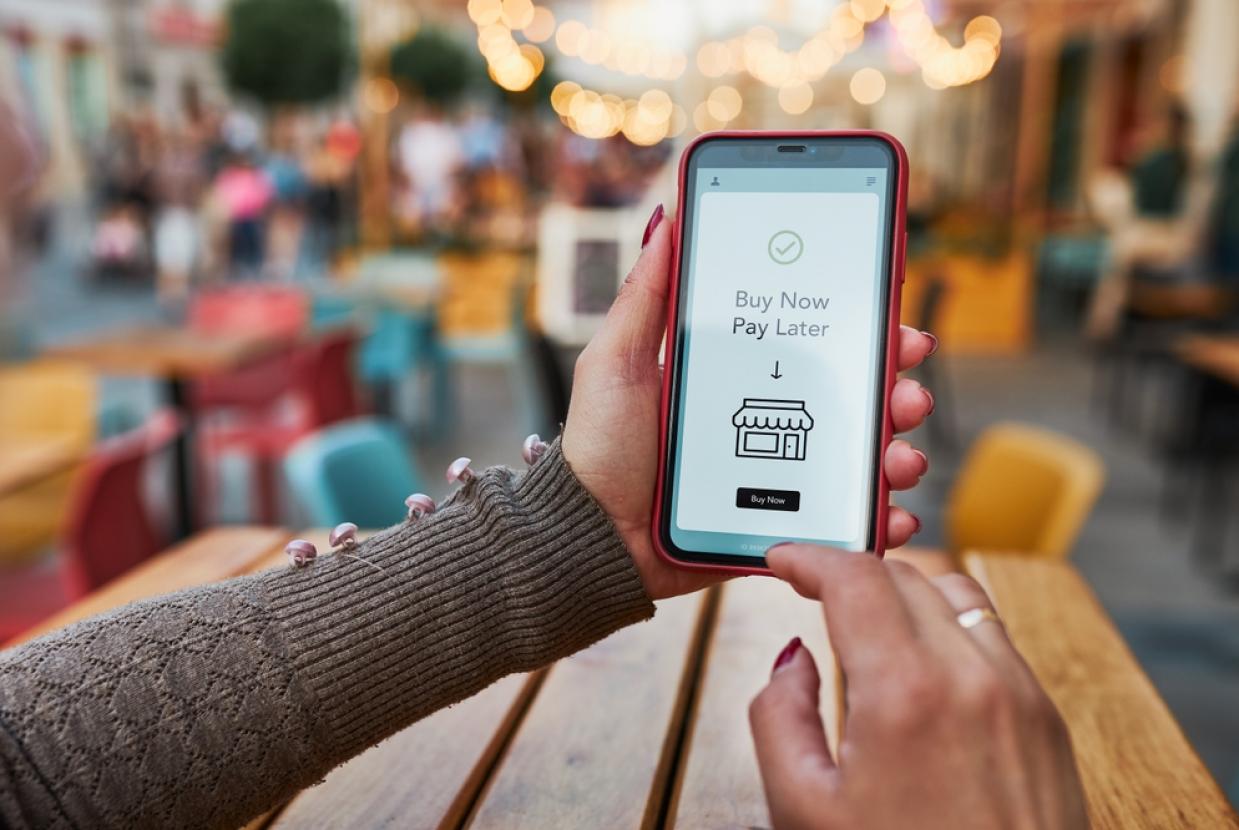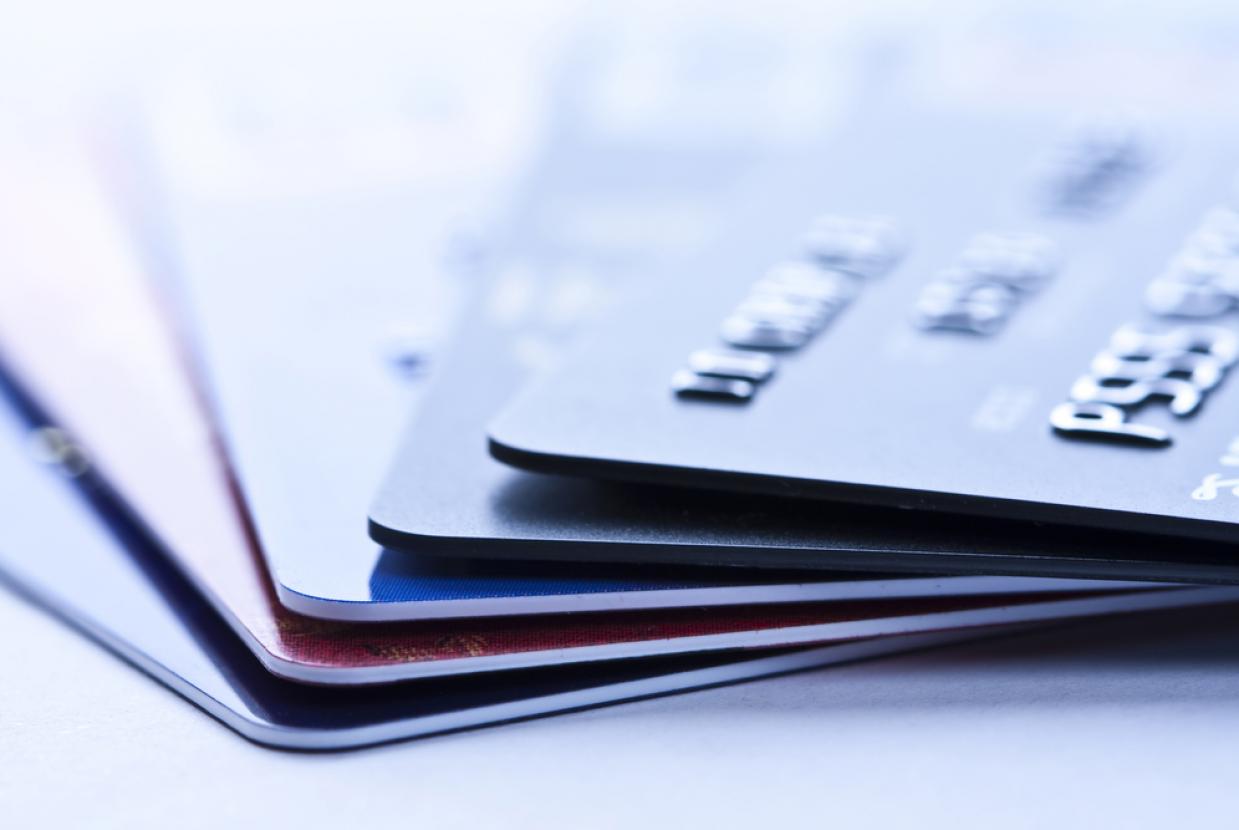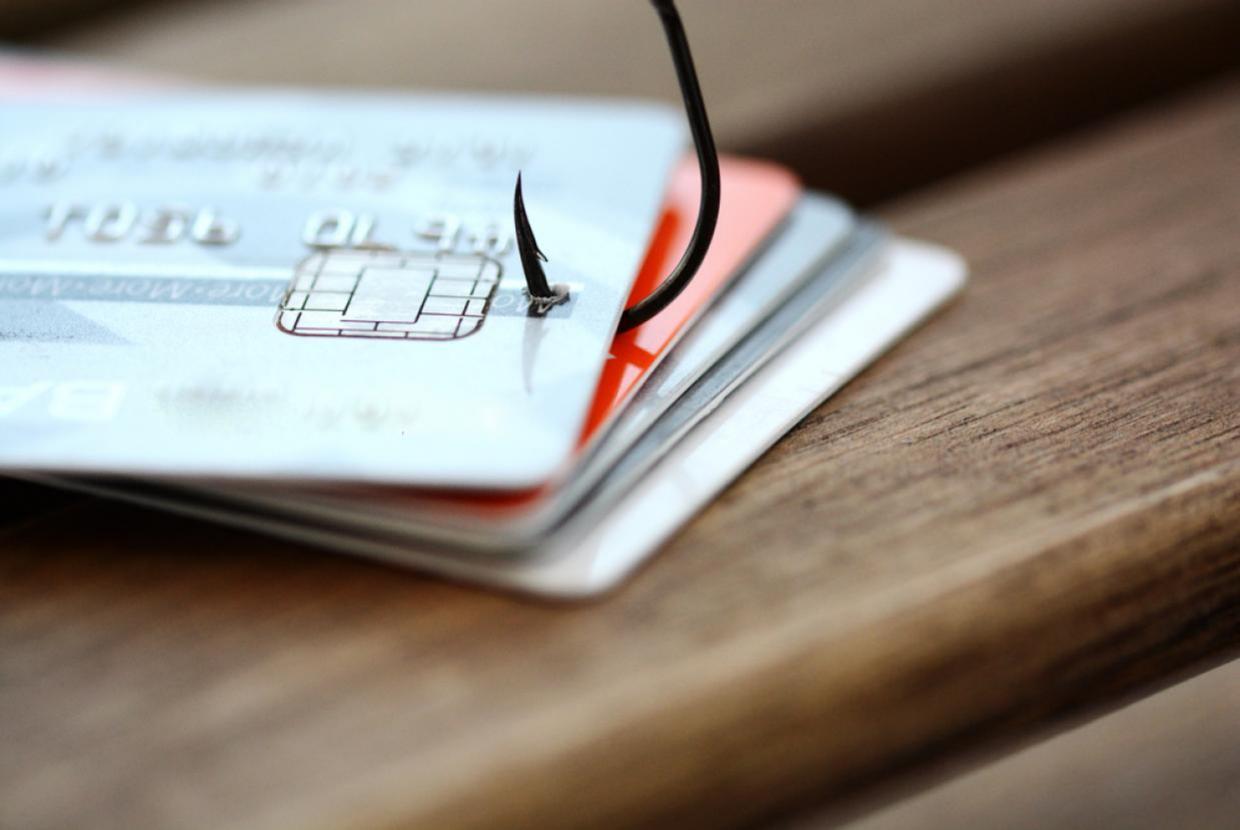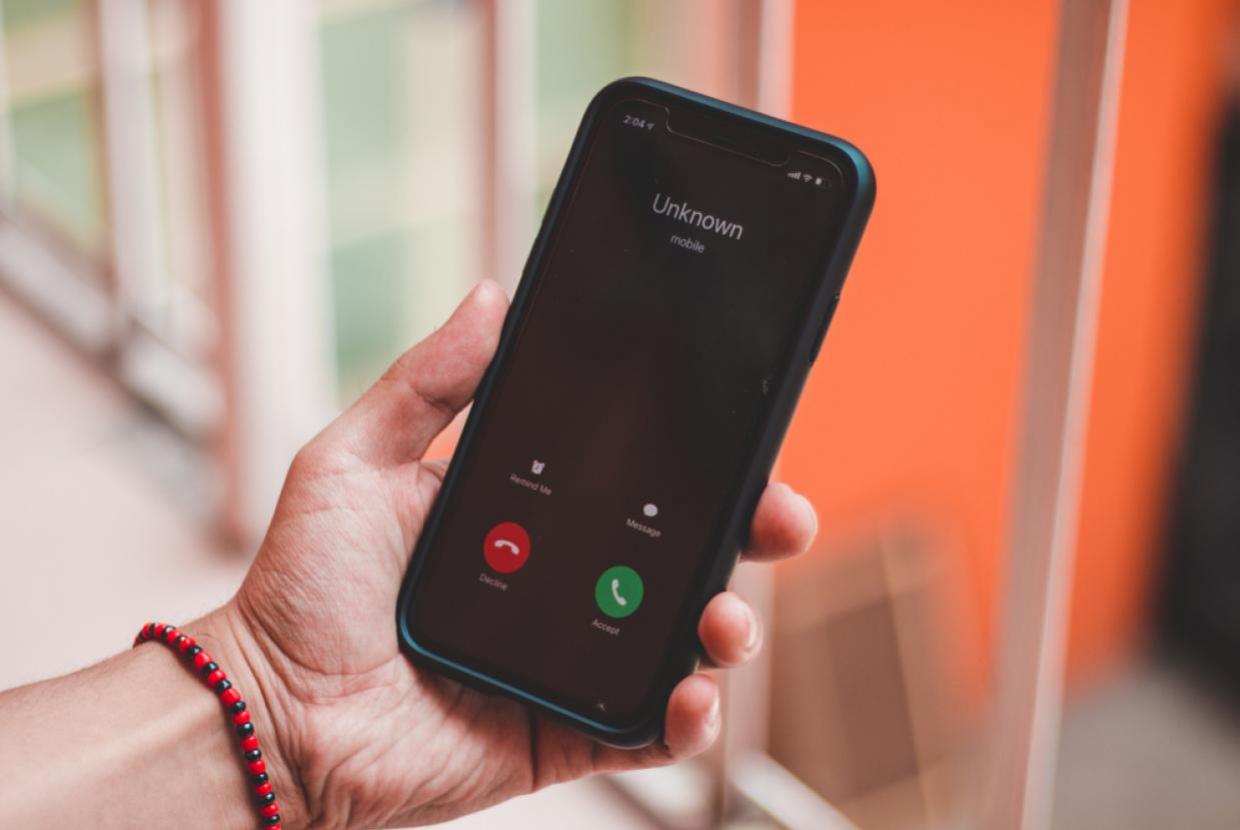Don’t Pay UK - Thinking About Not Paying A Bill? Read This First
Money TroublesIf you’ve been on social media, watched TV or not been under a rock for the last few weeks, you’ll likely have heard about the Don’t Pay UK campaign.
It's calling for a million people to agree to not pay their electricity bills in October as a protest against soaring energy costs. If you’re thinking of joining the protest or just can’t afford to pay your energy bills and think non-payment might be an option, make sure you’re aware of all the risks before you stop any payments.
What is the Don’t Pay UK campaign?
Don’t Pay UK is a campaign encouraging people to refuse to pay their energy bill, or only pay what they can afford. It is hoping to get energy companies to limit their price increases by using direct action to force bills down.
A lot of people are angry because after sharp energy price increases in April, the energy price cap is expected to rise again in October 2022, with analysts saying that the average household bill will jump above £3,500 a year and potentially further again in January during the coldest winter months - which is a very scary prospect.
What’s the worst that could happen if I don’t pay my energy bill?
It’s important to remember you are dealing with private energy companies and have signed a legal contract that ties you into paying what you owe them. In fact, gas and electricity bills are known as ‘priority bills’, so the consequences of not paying them can be very severe.
If you decide you do want to participate in this protest, just be aware that refusing to pay won’t mean that the energy company will write off your bill and could actually leave you with even more to pay in late fees and charges.
If you simply stop paying, your supplier will report any missed payments to credit reference agencies, which will lower your credit score and is likely to affect your ability to get credit in the future.
Nobody knows what energy companies will do if they face protests, but they do have several routes they can take to try to get back the money that is owed to them. This means they could (and are allowed to):
- force you to go onto a pre-payment meter
- pass your debt on to a debt collection agency
- apply to the court to take money out of your wages or benefits
- take other enforcement action such as sending bailiffs (sheriff’s officer in Scotland) to your home
- stop providing energy to you as a last resort.
If you’re on a pre-payment meter
Your energy costs would likely be even more expensive if your energy company obtains a court warrant to enter your home to fit a prepayment card meter. In fact, if the fuel supply is on the outside of your home, they don’t need a warrant at all.
Any money owed will be added to this meter and a set amount will be deducted each week. If you don’t pay this weekly amount, you could have your supply cut off – which is very rare – but a possibility which will be particularly horrible during the winter months.
But I can’t afford my bill – what should I do?
You may be reading this and thinking that you may have no other option than to not pay, but you don’t want to make your financial situation worse. First make sure you have claimed everything you’re entitled to, including the extra support the government has provided to support higher energy bills.
There are also things you can do to ease the pressure - but that involves working with your energy supplier, not against them. The most important thing you can do is to call your supplier and let them know you can’t afford the bill. They have an obligation to help and to come up with a plan that works for both of you.
Also, depending on your supplier, there are several grants and schemes to help people who need extra financial help, so ask them what is available for you. We can help you work out what you’re going to say to them, assist you in figuring out what options they might offer you, as well as tell you what to do if you don’t like the outcome.





